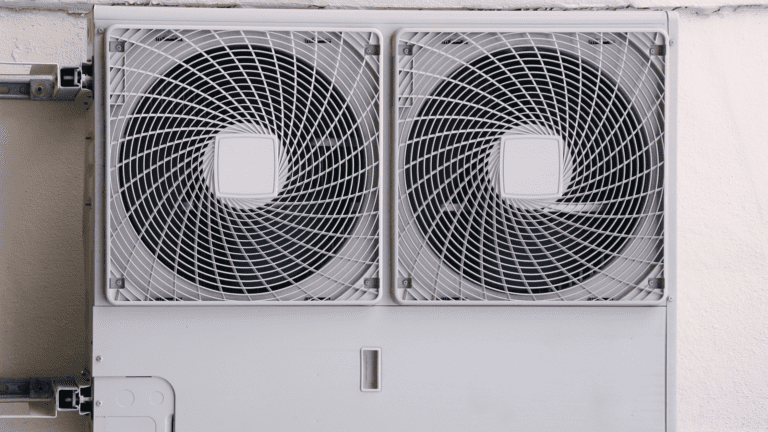Depending on your climate, you probably think about heating or cooling first when you think about your commercial HVAC system. That said, the V – ventilation – is just as important. Poor ventilation can cause real discomfort among employees, tenants, or anyone else who relies on your building.
And, as always, your commercial compressor, possibly a Carrier 06ET275360, has a central role to play.
The compressor is the most vital component in any HVAC setup. Whether you are cooling the air or heating it, everything depends on the efficient operation of the compressor. It does most of the mechanical work involved in pressurizing refrigerant gas and driving it through the rest of the system.
As the compressor ages, it becomes inefficient. A regular maintenance routine can improve performance for some time, but after eight years, output begins to degrade even if the system as a whole is still working. Long before that time, however, problems with your compressor can negatively affect ventilation.
The Role of Your Compressor in Ensuring Good HVAC Air Quality
The compressor cools and dehumidifies air in the building, so it has a direct impact on air quality. Air quality can decrease if lost compressor efficiency causes the system to cycle on and off too frequently. Not only is airflow negatively affected, but your building’s energy usage skyrockets.
Let’s consider some factors that can influence air circulation and quality:
Cleanliness of Your Compressor Operating Environment
Keeping your compressor and other HVAC components clean is a valuable first step in getting the ventilation and air quality you want. Cleaning components and examining the operating environment for dirt, spills, leaks, and other contamination should figure into your documented compressor maintenance plan.
Maintenance of Your Outside Units, if Any
If your HVAC system uses exterior units, it’s crucial to examine these several times a week for problems. Depending on the season, outside units can be troubled by snow, leaves, and other debris. If an outside unit becomes damaged, ventilation will be impacted throughout the entire structure.
Effectiveness of Your Air Ducts and Air Filters
Your compressor relies on a network of ducts that crisscross your entire facility. These ducts need to be taken care of, and air filters throughout the network regularly maintained. Unlike air compressors, commercial HVAC compressors do not have their own air filter built-in.
Depending on the make of your system, filters may need to be cleaned or replaced – in most larger commercial HVACs, replacement is the rule. Although filters can be designed to last for six months or even a full year, you have the option of replacing them every three months if you have concerns about air quality.
Taking Action to Improve Air Quality in Your Commercial HVAC System
Compressor maintenance should always be the centerpiece of your strategy to improve air quality, temperature control, and ventilation. Still, there are other steps you may be able to take depending on your exact situation.
Install a Programmable Thermostat
The more complex your HVAC system is, the more useful a sophisticated thermostat will be. A thermostat is the “brain” of your system, but it relies on temperature sensors that gradually lose sensitivity. A programmable thermostat empowers you to optimize temperature throughout the day, raise airflow, and save money.
Watch for Airflow “Dead Zones”
If there are some areas of your building that simply don’t have enough ventilation, clogged filters or ducts should be your first stop. If no problems are found, your compressor unit may be too small to meet the needs of your building, especially if you’ve been expanding or have a higher average occupancy than before.
Be Alert to Complaints
People in a building will complain more readily about it being hot, stuffy, or smelly than virtually any other issue. If you notice a pattern of complaints, it can offer clues about where to start searching for your air quality issue.
If air quality issues persist, you may have a problem with your building’s outer envelope, water damage, or other relatively serious problems. For example, untreated water intrusion can lead to the development of mold and mildew. Some types of mold are dangerous enough to human health to require a workplace to be shut down. It’s wise to use an air quality test to determine if any potentially dangerous contaminants are in your indoor air.
Many times, however, problems boil down to a mismatch between your compressor and your needs.
If you find yourself needing to roll out a larger compressor on a tight timeline, a remanufactured commercial compressor is the ideal solution. With a remanufactured unit, you can expect quality comparable to an all-new OEM model at a significant discount. You may also cut weeks off your implementation timeline. The sooner you ensure your compressor is fully aligned with your requirements, the more you’ll save in the long run.












